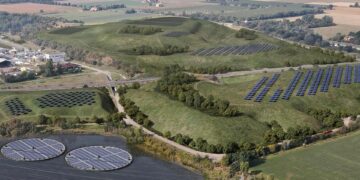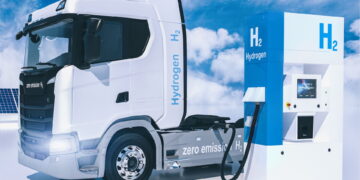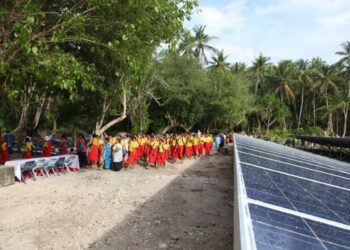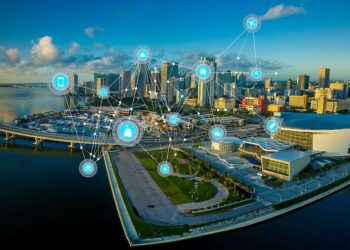The vast Pacific island nation is betting on renewable energy and innovative solutions to combat the effects of global warming.
Fiji is often associated in the collective imagination with paradise beaches and crystal-clear waters. But this Pacific island nation is quickly becoming a global benchmark for another reason: it’s leading the way in solar microgrids and the fight against climate change.
With a population of about 900,000 people spread across more than 300 islands, Fiji faces unique challenges in providing energy access and mitigating global warming. The answer? An innovative approach based on renewable technologies and decentralized solutions.
Solar microgrids—off-grid energy systems that combine photovoltaic panels, battery storage, and smart energy management—are revolutionizing the way rural and remote communities access electricity.
Thanks to this plant, many areas of Fiji that previously relied on expensive and polluting diesel generators now have clean, reliable power. According to the latest data, more than 50 percent of the country’s energy production already comes from renewable sources, and the plan is to reach 100 percent by 2030.
Specific and ongoing commitments to the environment
Fiji is not only using solar energy to reduce carbon emissions. The Suva government has ambitious policies to promote energy innovation, including subsidies for solar panel installation and partnerships with international cleantech companies. The country was also one of the first to ratify the Paris Climate Agreement, demonstrating strong and consistent political commitment.
“Fiji shows that even small island states can pioneer the energy transition,”
said Dr James Hansen , an expert in renewable energy and climate change.
“Solar microgrids not only reduce dependence on fossil fuels, they also create economic opportunities and increase community resilience to extreme weather events.”
This last point is particularly relevant. Fiji, like many other countries in the Pacific, is one of the countries most vulnerable to the effects of climate change, including rising sea levels and increased frequency of tropical cyclones. Decentralized and modular solar microgrids provide greater stability of energy supply, even during natural disasters.

Strong support from the US and the United Arab Emirates
The country has found many allies in its push for climate neutrality through renewable energy. The U.S. Trade and Development Agency has played a key role in Fiji’s microgrid development. In May 2023, USTDA awarded a grant to the local Ministry of Finance to conduct a feasibility study to support the development of up to 75 solar mini-grids with energy storage systems. The project aims to support Fiji’s goal of achieving 100 percent rural electrification and renewable energy generation by 2036, bringing power to some of the country’s most isolated island communities.
A feasibility study conducted by Arizona State University’s Laboratory for Energy and Power Solutions (LEAPS) in partnership with the Global Green Growth Institute assessed 300 remote communities without reliable access to electricity and selected 75 communities for a capital investment of approximately US$60 million to build hybrid solar mini-grids. The installation will replace diesel generators and expand access to energy for indigenous communities. The project, which uses the Xendee distributed energy platform, is a significant step toward Fiji’s goal of providing electricity to all rural areas and generating all energy from renewable sources by 2030.
Fiji has implemented several microgrid projects to expand access to sustainable energy in remote communities. In 2015, three solar microgrid projects were implemented: a 249 kW plant on Kadavu Island, a 153 kW plant on Lakeba Island, and another 153 kW plant on Rotuma Island, all with the assistance and support of the UAE government.

From the vast blue ocean to become an example for the whole world
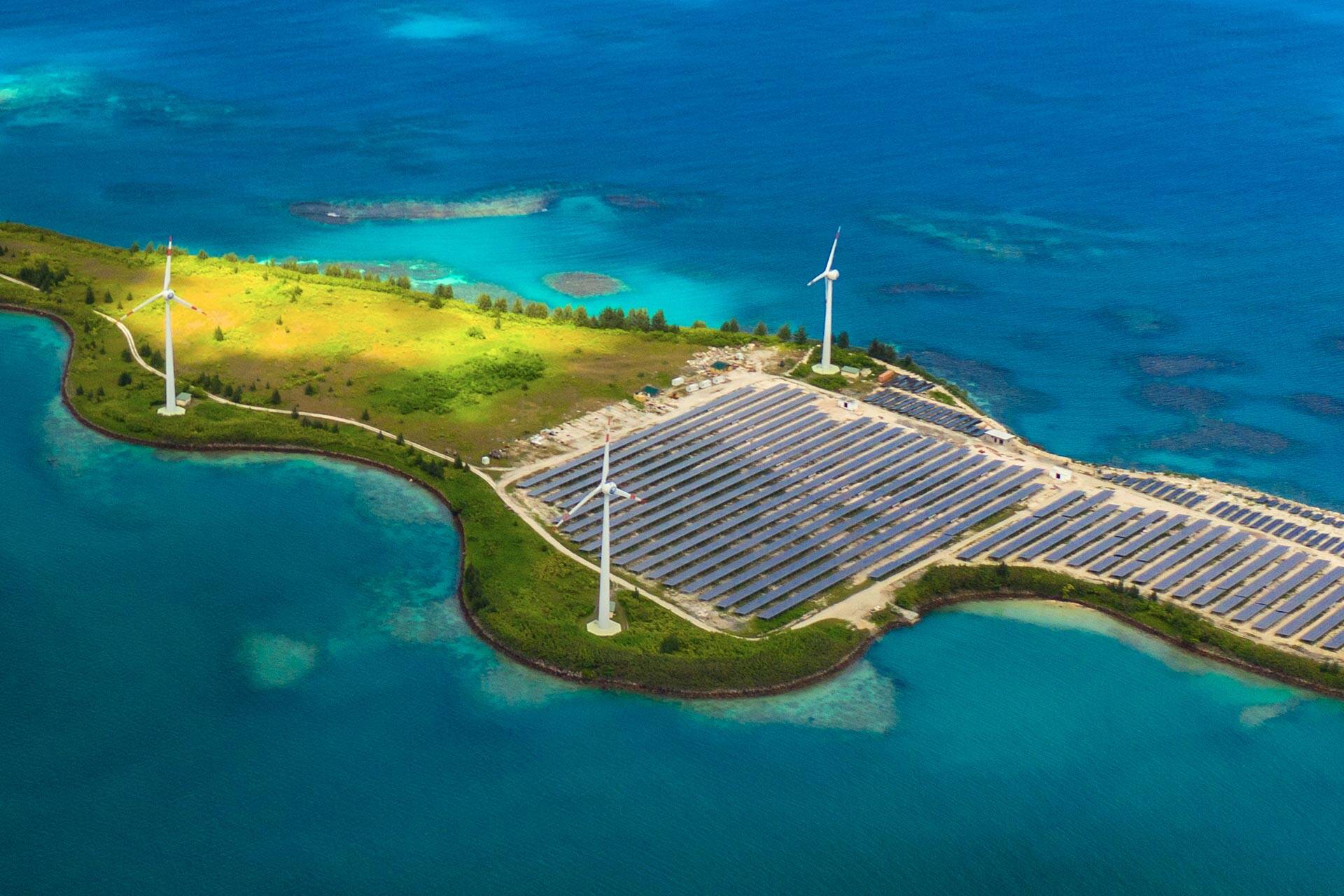
The local government’s experience can provide valuable lessons for other countries, especially developing ones. The combination of forward-thinking public policy, investment in clean technologies, and local community engagement provides a replicable model for accelerating the global energy transition.
At a time when the climate crisis requires urgent and innovative solutions, Fiji is showing that a sustainable future is not only possible, but already here. With their dedication, they are writing a new chapter in the clean energy story, inspiring the world to follow their example.



